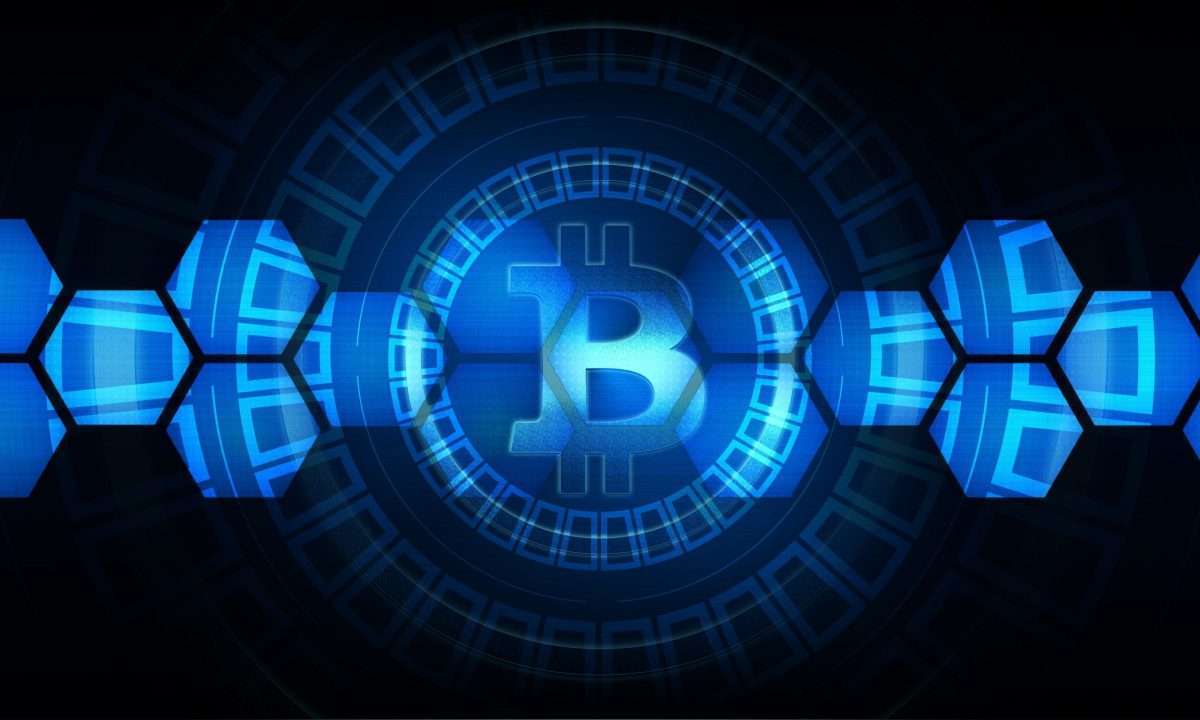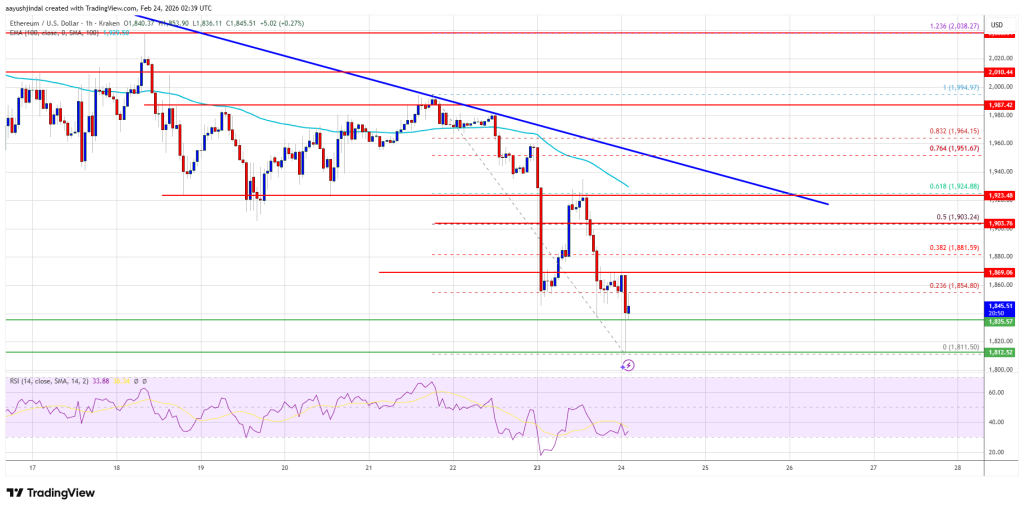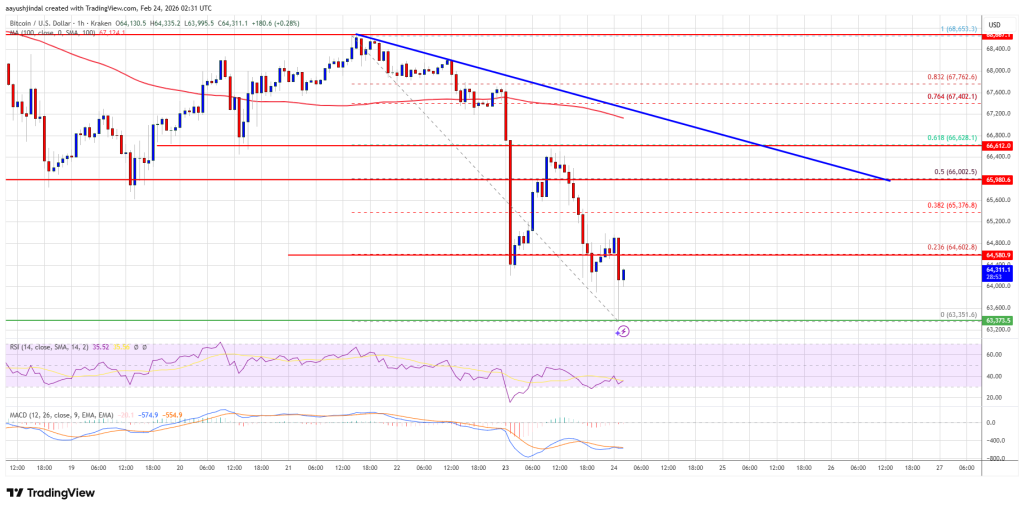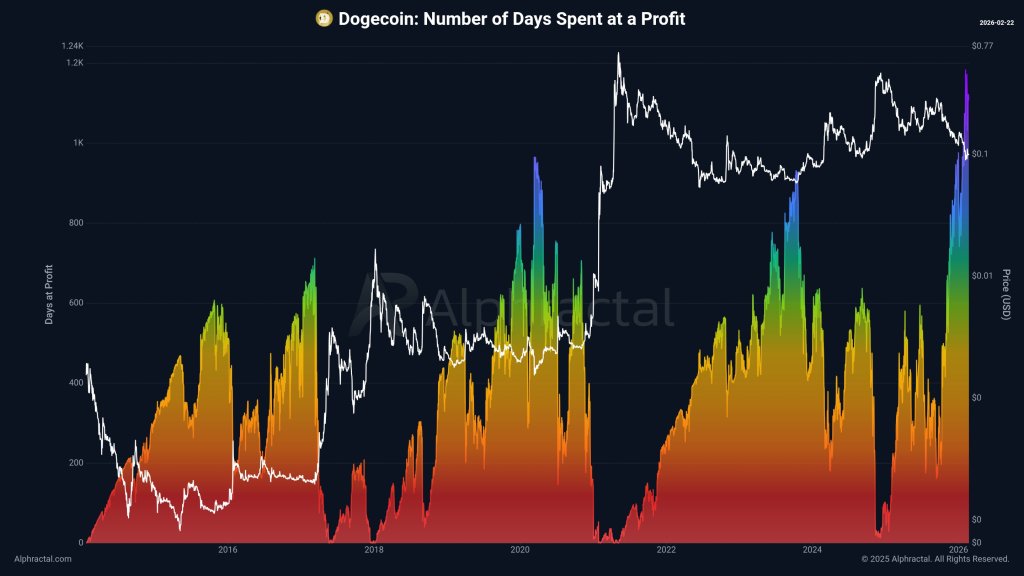
Like the internet, smartphones, digital cash, and digital wallets, blockchain is one of the greatest inventions. It is irreplaceable and beyond imagination. Blockchain is both, art and a science, whatever or whichever seems right for you, just go for it – because it is beyond what you expect it to be.
Blockchain is digital as a distributed ledger that validates, stores, and shares information across the network participants. It is decentralized in nature, and that’s a blessing. Blockchain technology allows users to record the transactions using unique digital signatures and save them to the distributed computers called nodes. So every transaction before being processed is validated by a note. Thus, only genuine data is stored on the network. Using a consensus protocol, the nodes validate the transaction among the network. The block with accurate information is chained to the previous block. As a result, the blockchain is systematically created and built.
So this entire chaining of the blocks is complex. Every time, adding a new block involves solving complex mathematical problems to validate the authenticity of the information. Other than validating the data, blockchain is really provenance and immutable. The blockchain records are unchangeable. It monetizes the digital content, processes smart contracts, and removes the intermediaries’ involvement.
Digital Content and Monetization
Blockchain facilitates NFTs that are non-fungible tokens. They are unique files that verify the ownership of a digital asset. For instance, an image, song, digital content, or video game can all be authenticated using NFT.
OpenSea, Rarible, SuperRare, Atomic Market, BakerySwap are a few NFT-based platforms. These NFT-based platforms offer a wide range of non-fungible tokens for art, censorship-resistant, trading cards, sports, etc. These platforms display NFT based on various projects. Users can buy, sell or discover exclusive digital assets such as art, photography, games, music, domains, memes, and more.
According to a survey of over 2,000 consumers cited by GamesBeat in December, around 24% of gamers always prefer to purchase virtual items while playing games. On average, $168 is spent, and 63# said they would like to spend more if these goods had real value. And thus, NFTs could facilitate various platforms for such trading or selling.
Smart Contracts and the Usage
Blockchains made it happen. The use of “smart contracts” through blockchain is real. A contract is written as code, and when the terms are met, the contract execution occurs. The blockchain-based agreement is unchangeable without the consent of both parties involved in it.
Among others, the IFC is studying how blockchain can create sustainable supply chains in emerging markets. We are also witnessing state governments utilizing the power of blockchain to manage land ownerships, track and allow property selling or leasing.
No Intermediaries
Blockchain around the world is decentralized, and hence, there is no need for any intermediaries’ involvement. Unlike other centralized contracts, blockchain has the power to manage and upgrade all by itself. It verifies, stores, and authenticates the data without any tedious paperwork. The broader usage of blockchain technology may make the processes instant, fast, independent, and of course, decentralized.
As said earlier, the smart contracts are executed and terminated by themselves, however, with the parties involved in them. Thus, in this case, there is no specific intermediary involvement to deal with.
These exclusive features of the disruptive technology, blockchain, will transform the future of the fintech space and, of course, the world by creating tremendous opportunities and market value. Blockchain will record and hold information or data that is virtually unchangeable.
Conclusion
Blockchain isn’t just another tech trend—it’s the backbone of a smarter, faster, and more secure digital world. From NFTs revolutionizing digital ownership to smart contracts simplifying complex agreements, blockchain is redefining industries and creating endless opportunities. Whether you’re an investor, creator, or business leader, embracing blockchain isn’t optional—it’s essential. The question isn’t if blockchain will dominate the future, but how soon. So, why wait? Dive in, adapt, and thrive in the era of blockchain innovation.





